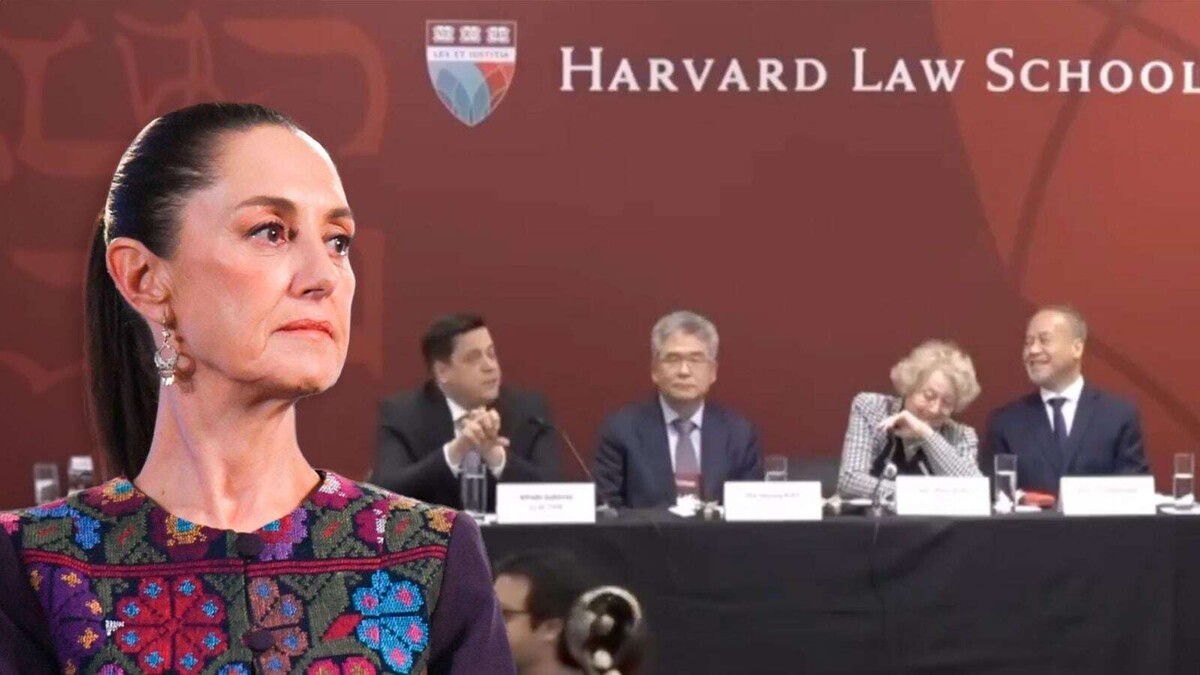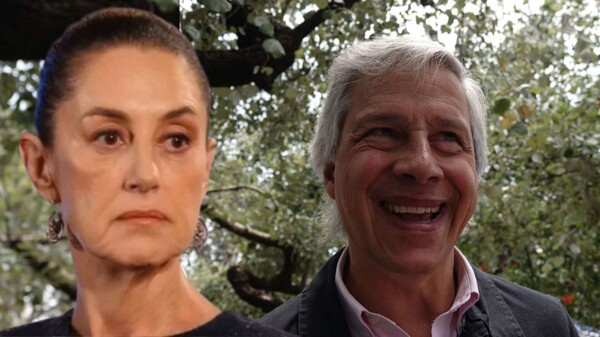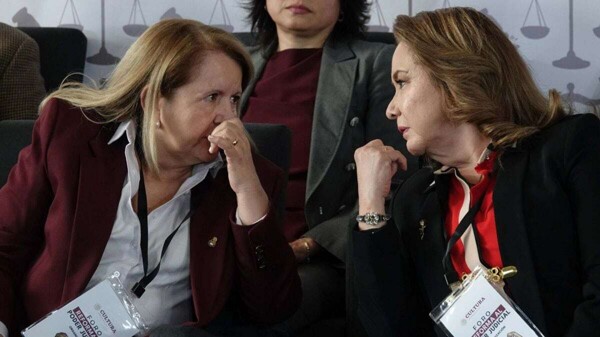
The leadership of the Judiciary decided to send Minister Antonio Gutiérrez Ortiz Mena to Harvard University to expose criticisms of the Mexican judicial reform. In an ironic attempt to convince the American public of supposed risks to the rule of law, the minister provoked laughter among academics, a strategy parallel to the campaign of the opposition candidate.
In contrast to these actions, President Claudia Sheinbaum has pointed out problems in the Judiciary, such as the release of criminals and tax evasion. The judicial leadership, which took seven months to present a counterproposal for reform after the June elections, has attempted to discredit it and hinder its implementation through legal resources.
Members of the judicial leadership have been criticized for trying to tarnish the upcoming election of ministers, magistrates, and judges. An example is a judge who ordered the withdrawal of an official decree, defying the head of the Executive and manipulating legal interpretations. The leadership has been accused of nepotism and violating the law according to their interests.
At the same time, a national and international media campaign has intensified, aiming to question the existence of the rule of law in Mexico and sow doubts among investors. This destabilizing attempt could have negative economic repercussions if successful.
One of the key arguments of the judicial leadership is the existence of the judicial career as a guarantee of the preparation of judges. However, the legitimacy of this defense is called into question upon discovering that Minister Gutiérrez Ortiz Mena, the main critic of the reform, has no background in the judicial career but rather in private practice and tax administration.
In summary, the actions and arguments of the Mexican judicial leadership have generated controversy and criticism, both nationally and internationally, questioning the independence and legitimacy of the Judiciary in the country.














